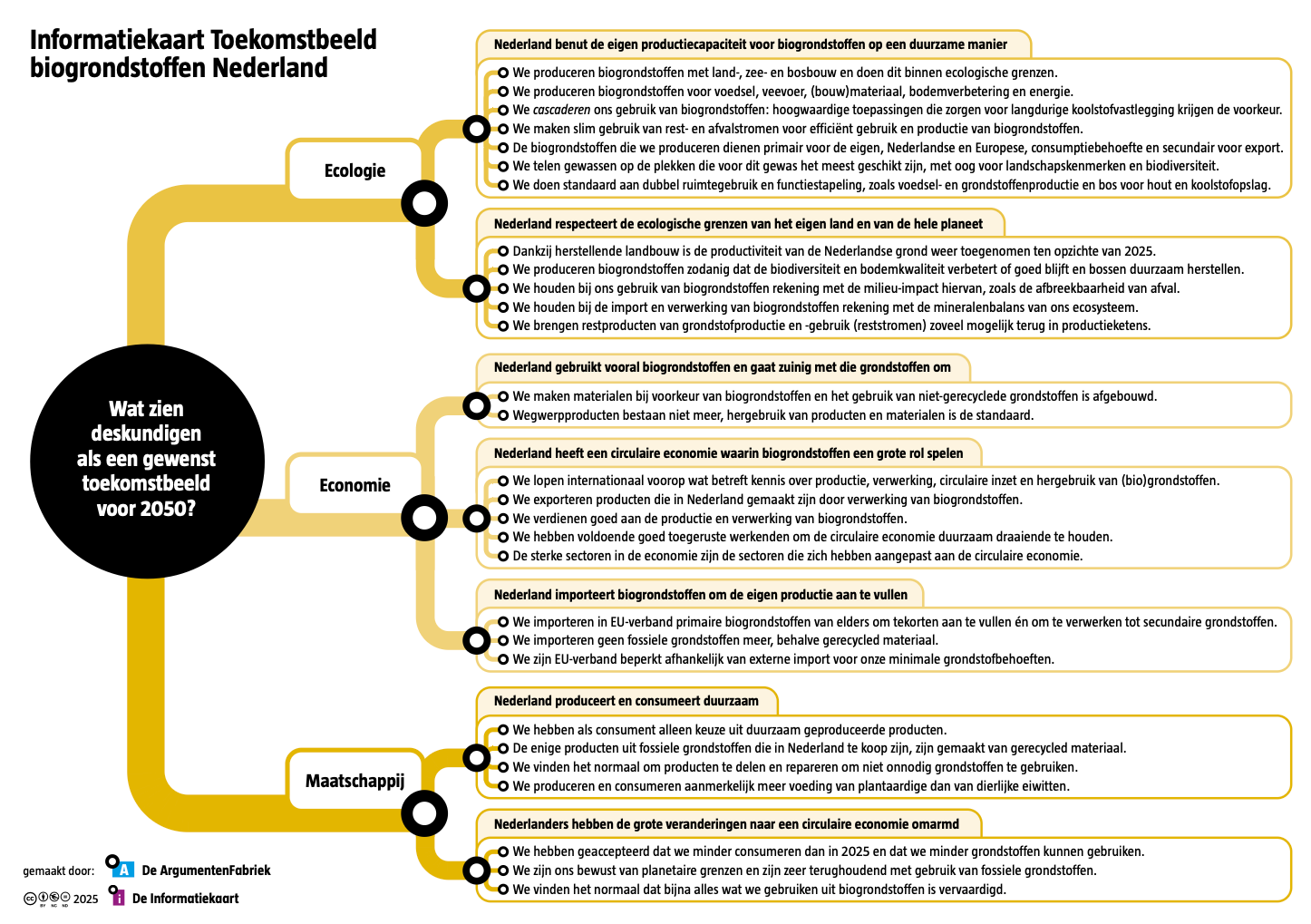IPCC - Climate Change and Land

IPCC - Intergovernmental Panel on Climate Change
Land is already under growing human pressure and climate change is adding to these pressures. At the same time, keeping global warming to well below 2ºC can be achieved only by reducing greenhouse gas emissions from all sectors including land and food, the Intergovernmental Panel on Climate Change (IPCC) said in its latest report 'Climate Change and Land, published 8 August 2019.
In its news item, IPCC states, among others:
"[The Report] ...will be a key scientific input into forthcoming climate and environment negotiations, such as the Conference of the Parties of the UN Convention to Combat Desertification (COP14) in New Delhi, India in September and the UN Framework Convention on Climate Change Conference (COP25) in Santiago, Chile, in December.
“Governments challenged the IPCC to take the first ever comprehensive look at the whole land-climate system. We did this through many contributions from experts and governments worldwide. This is the first time in IPCC report history that a majority of authors – 53% – are from developing countries,” said Hoesung Lee, Chair of the IPCC.
This report shows that better land management can contribute to tackling climate change, but is not the only solution. Reducing greenhouse gas emissions from all sectors is essential if global warming is to be kept to well below 2ºC, if not 1.5oC.
In 2015, governments backed the Paris Agreement goal of strengthening the global response to climate change by holding the increase in the global average temperature to well below 2ºC above pre-industrial levels and to pursue efforts to limit the increase to 1.5ºC.
Land must remain productive to maintain food security as the population increases and the negative impacts of climate change on vegetation increase. This means there are limits to the contribution of land to addressing climate change, for instance through the cultivation of energy crops and afforestation. It also takes time for trees and soils to store carbon effectively. Bioenergy needs to be carefully managed to avoid risks to food security, biodiversity and land degradation. Desirable outcomes will depend on locally appropriate policies and governance systems."
The news page can be found here. More information and detailed chapter reports are found here.
Recente artikelen
Informatiekaart: Toekomstbeeld biogrondstoffen Nederland | 2025

Rijksoverheid: Wegwijzer brandstoftransitieverplichting | 2026



